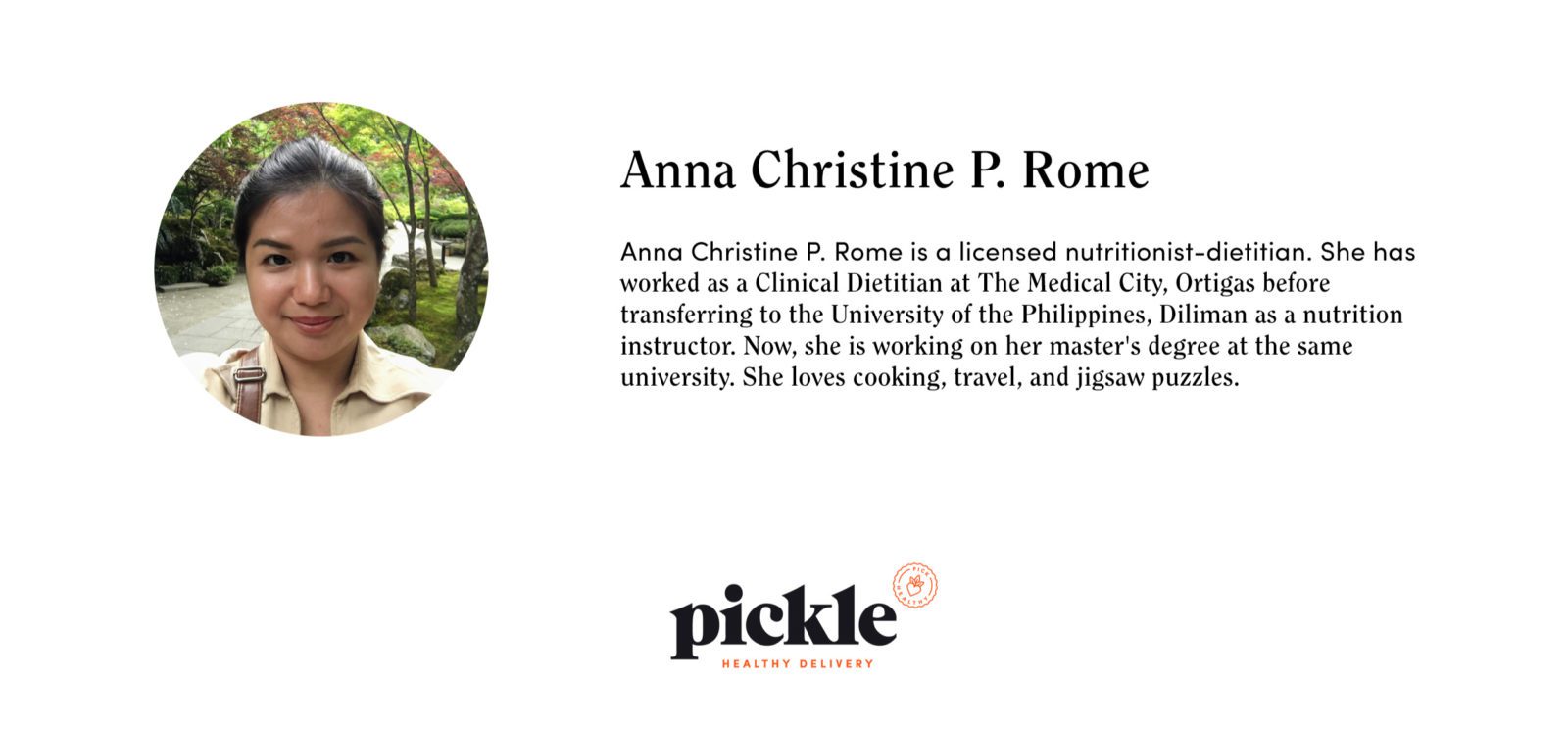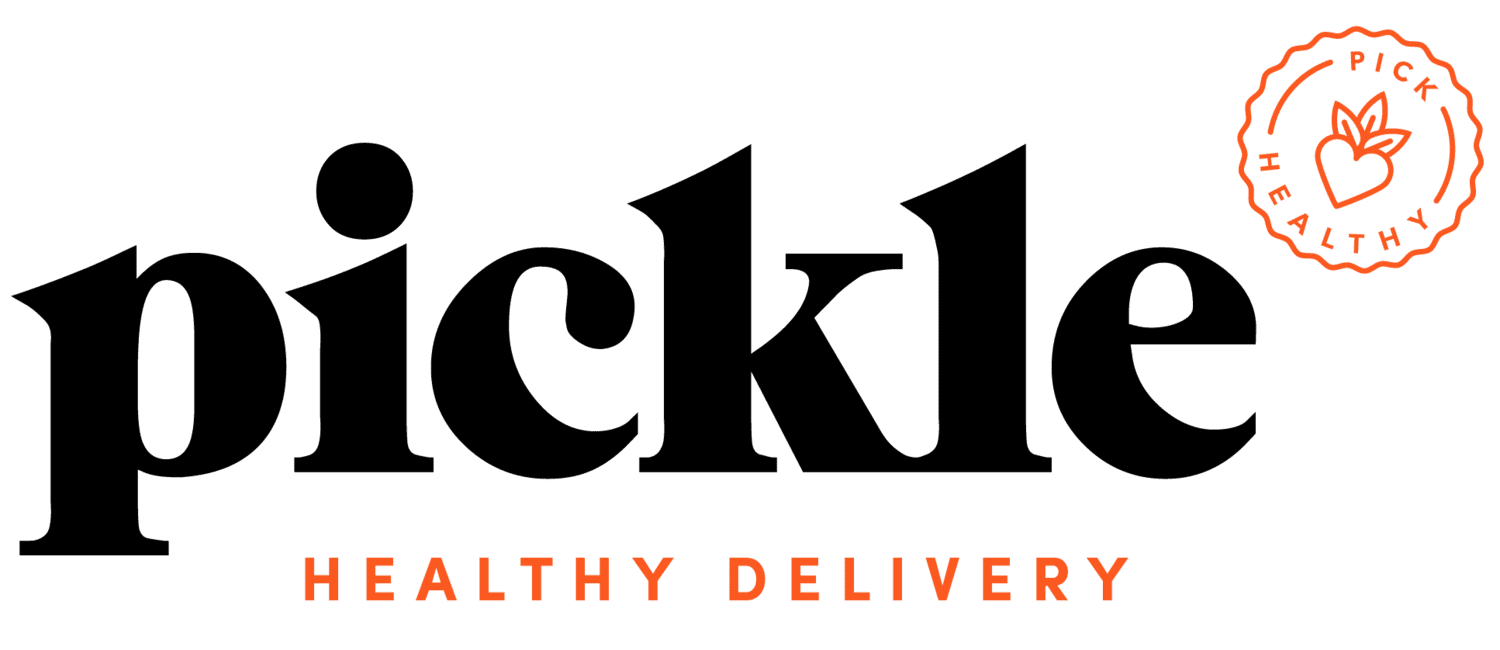They say that this is the best time to be alive. With developed technology and unlimited information, one can easily acquire knowledge with just a snap of a finger. Yet, with overflowing data, it would be hard for you to judge which is a true, especially in the field of nutrition. In this article, we will discuss seven nutrition myths that still in exist in our society, and just won’t die.
1. Gluten-free products will make you lose weight.
Gluten-free diet is one of the fad diets that emerged from health and nutrition turf. This became famous when celebrities expressed successful stories of losing weight by following this type of diet. Numerous admiring fans then willingly followed. So, what is gluten? Gluten is the structural component of several bakery items made from two proteins naturally found in wheat, rye, or barley: gliadin and glutenin. Thus, staying away from a certain type of protein will not make you lose weight. Remember our golden rule in losing weight? Your energy in should be less that energy out for you to lose weight. So, what is the deal in gluten-free diet? Well, gluten-free diet is a medical nutrition therapy diet used to help people with Celiac disease. Celiac disease is an immune disorder in which your body creates antibodies to gluten. Thus, if you are not diagnosed with Celiac disease, then you are free to munch on yeast breads and cakes as long as it is part of your healthy diet(Remember: Moderation is key!).
2. Egg yolks are high in fat and is bad for you.
People say that egg yolk has the most fat-content of an egg. Well, based on nutrient profile of the mighty egg, it is indeed a yes! Egg yolk contain the most of the fat and cholesterol an egg can give you. But this is not where the story ends. Egg yolk contains most of the vitamins and minerals of the whole egg as well. It is one of the few foods that contains all fat-soluble vitamins- A, D, E, and K- and naturally containing vitamin D. Thus, there is not enough reason to throw out the egg yolk. In fact, you may be just depriving yourself of the precious vitamins and minerals your body needs. Just, remember that you are allowed to consume 3-4 pcs of whole eggs per week, if you want to control your cholesterol intake.
3. All fats are bad.
This is a very old nutrition myth that is still circulating in different media platforms. Old but still very important to debunk as it will be detrimental to health if not. And I will say this again, fats are not bad for health. In fact, fats are needed by our body for growth and development. Fat will give us substantial energy and helps fat-soluble vitamins- A, D, E, and K to be absorbed in the body. Without fat, one may develop deficiency on these vitamins that can cause detrimental effect in all our body systems. It should be noted that plant-based oils (e.g. olive oil, coconut oil, canola oil) are more preferred than animal fats. And it should also be emphasized that the only type of fat that is bad is the trans-fat that is normally found in processed foods. So be sure to read the nutrition labels of the foods you buy.
That’s all for today. We’ll continue with four more myths that will surely make you think twice. If you have other myths or nutrition concepts that you think needs a second look or have doubts about, please feel free to put them in the comments section. Let’s help each other find the truth together. Maybe we’ll be the next myth-busters, but for food and nutrition!

